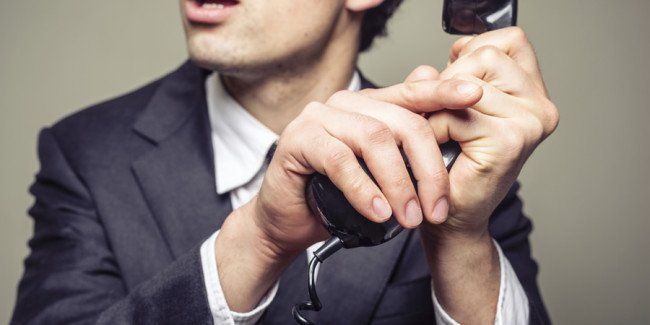Our Blog

The wonderfully talented Robin Williams died in August, 2014. His kids and his third wife (the widow) were in court in December. It just took 4 months for the family to start fighting. It seems that the late actor owned two homes and that there were lots of personal possessions, memorabilia and other items inside both of them. According to media accounts, family members entered and removed some of the property shortly after Mr. Williams died. One side claimed the items were left to them, and the other party said “not so.” Why is no one surprised by this? The unfortunate truth is that the case is not at all unusual, especially the scenario of adult children from different marriages versus the latest wife who is not the mother of any of the kids. The widow and the deceased had been married only about three years when he died. His huge wealth and most of his property were acquired prior to the marriage. One would think a pre-nuptial agreement had been entered into prior to the marriage, too, but that detail has not yet appeared in media reports. What can we learn from the Williams situation? Among the lessons are these: (1) pre-nups are excellent tools that clarify the rights of the surviving spouse to money, property and possession of the home; (2) if you know what you want your kids to have of your personal items, consider giving those items to the kids during your lifetime; (3) update your Will and/or Trust whenever a major life event occurs (such as a marriage, birth or adoption of a child, death of an intended beneficiary and the acquisition of valuable real estate or other assets of substantial value); (4) never underestimate the sentimental value of personal items; (5) if tension between the new spouse and the kids is obvious, talk to your estate planning attorney about taking steps to minimize the opportunity for conflict between the various family members; (6) you can’t take it with you!

The Problem: Phone and Door-to-Door Scams My Favorite Response: I tell my clients to say this to a would-be scam artist, both over the phone and in person: “ Please call my attorney, Karen Fortier, at 757-631-1900 . She will decide whether I should take your offer.” (The crooks won’t call me!) See other approaches and advice at the end of this message. The following is an excerpt from the e-Bulletin of the National Academy of Elder Law Attorneys on May 6, 2015: “Medical Alert Scammers Bully Seniors Elderly consumers across the country found themselves bullied and tricked into paying hundreds of dollars for medical alert devices they never ordered, according to federal regulators. The seniors were in their 70s or older, often lived alone and had limited incomes but were scared into paying good money for something they didn't really want. Fear is often a huge part of the game plan whether it be scams involving medical alert devices, IRS impostor phone calls, fake debt collectors, magazine scams, and others. Some older consumers with dementia might not realize the real implications of reading their credit card or bank account information to someone pressuring them on the phone, according to regulators. Telemarketers in this medical alert case would say things such as "Aren't you scared that you're going to fall and no one's going to be there to help you out?" In some cases involving medical alert devices, telemarketers would give the impression the device was already ordered by a relative and somehow "free" to the senior. Later, the demands for money would heat up.” Source/more: USA Today All of us need to be wary of strangers who call us or, even worse, those who show up at our homes. It is very easy for “snake oil salesmen” to learn a lot about us from public information on the Internet and elsewhere. Once they’ve learned a bit about us, they can sound pretty credible when they talk to us and ply their wares. I have personal knowledge of several highly intelligent people who have been scammed by various crooked roofing and driveway contractors, “Jamaican lottery” callers, fake IRS agents and others of their ilk. So, how can you respond when you answer the phone and find a potential scammer waiting to pounce on you and your wallet? Here are a couple of suggestions: (1) watch your Caller I.D. before answering a phone call and don’t answer if you don’t know who’s calling; (2) if you answer a call and it’s someone you don’t know who tries to pressure you in ANY way, simply hang up on them; (3) as soon as you hang up, tell a trusted friend, neighbor or family member about the call. Be as specific as possible; and (4) write down the phone number of the caller and keep it on a list beside your phone. You should definitely tell someone about the call. There are law enforcement agencies who are actively investigating many of the typical scams that are done over the phone. You or your trusted friend should contact the local police (such as the fraud division of the local detective bureau) or the FBI and report exactly what was said. See the “ Links ” section on this website for additional law enforcement contact information.
